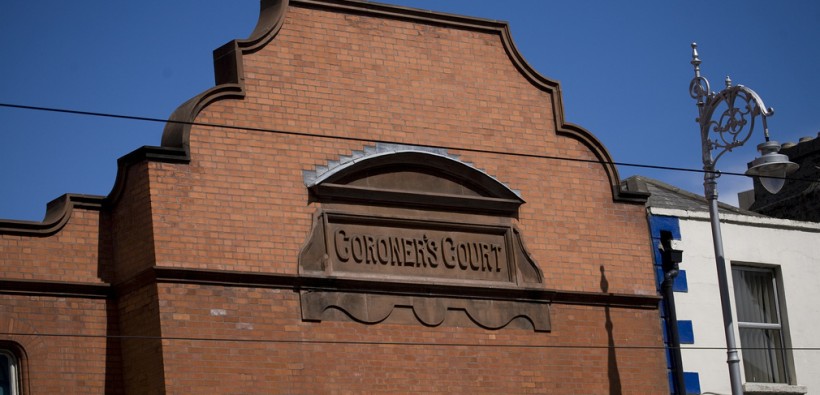
We have written previously about the Coroner’s Court system.
If you find a dead body, you are legally obliged to report it. Once certain officials or persons in certain positions become aware of a report of remains lying in the district, they are under a duty to notify the local Coroner.
Section 18(1) of the Coroner’s Act 1962 says
18.—(1) Where a coroner is informed that the body of a deceased person is lying within his district and that a medical certificate of the cause of death is not procurable, he may inquire into the circumstances of the death of that person and, if he is unable to ascertain the cause of death, may, if he so thinks proper, hold an inquest in relation to the death
We know, from a statement by the Sacred Heart Sisters yesterday, that no medical or birth certificates were issued to religious orders in respect of deaths of babies in Mother and Baby homes.
“There was no right to a death certificate bestowed on the congregation”.
Section 18(3) of the act states
(3) It shall be the duty of an inspector or officer of the Garda Síochána, if he becomes aware of the death within the district of a coroner of any person in whose case a medical certificate of the cause of death is not procurable, to inform the coroner of such death.
An Inquest is specifically not permitted to examine questions of liability or to assign blame. Its purpose is to establish the facts of a death. To achieve this, a public hearing, frequently with expert witnesses, is held. Because an inquest’s aims are limited, they are very rarely protracted. And as inquests are frequently held quite soon after a death, Coroners are used to dealing sensitively with people and situations where emotions are raw.
In the case of the remains of children in Tuam, given the gravity of the implications for both the individuals and their families (if any are remaining) and for the reputation of the country, I think it would be reasonable to look to the Attorney General to take action under Section 24 of the Act.
24.—(1) Where the Attorney General has reason to believe that a person has died in circumstances which in his opinion make the holding of an inquest advisable he may direct any coroner (whether or not he is the coroner who would ordinarily hold the inquest) to hold an inquest in relation to the death of that person, and that coroner shall proceed to hold an inquest in accordance with the provisions of this Act (and as if, not being the coroner who would ordinarily hold the inquest, he were such coroner) whether or not he or any other coroner has viewed the body, made any inquiry, held any inquest in relation to or done any other act in connection with the death.
Given the physical advantages of the new Coroner’s Court building in Dublin for an inquest of this size and scope, it might be best if the AG were to request the Dublin Coroner to hold an inquest without delay. Once the facts of the deceased’s life and deaths are established, we can consider what is the next appropriate step.
